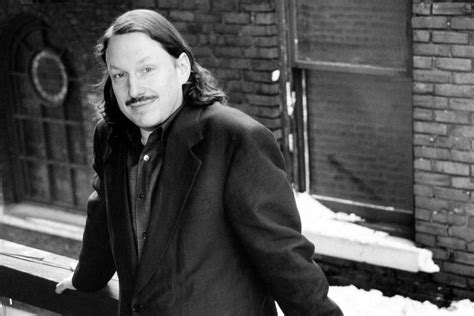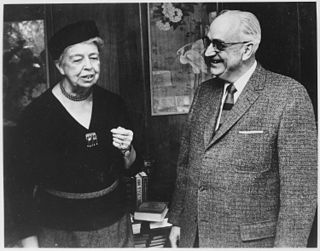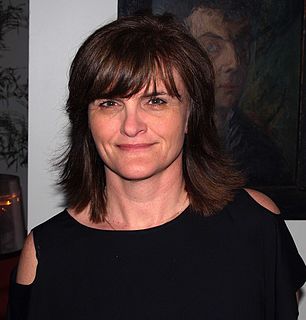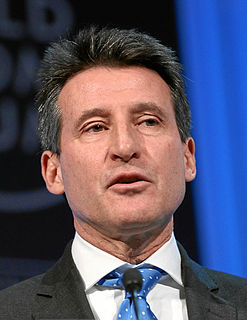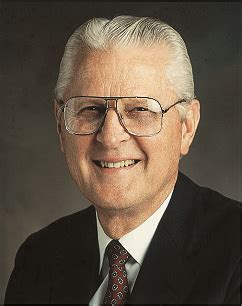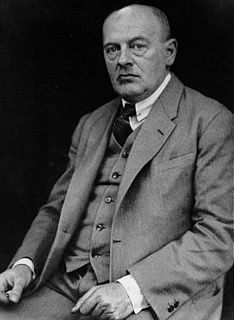Top 1200 Destructive Criticism Quotes & Sayings - Page 3
Explore popular Destructive Criticism quotes.
Last updated on April 20, 2025.
First one gets works of art, then criticism of them, then criticism of the criticism, and, finally, a book on The Literary Situation , a book which tells you all about writers, critics, publishing, paperbacked books, the tendencies of the (literary) time, what sells and how much, what writers wear and drink and want, what their wives wear and drink and want, and so on.
When I first prepared this particular talk... I realized that my usual approach is usually critical. That is, a lot of the things that I do, that most people do, are because they hate something somebody else has done, or they hate that something hasn't been done. And I realized that informed criticism has completely been done in by the web. Because the web has produced so much uninformed criticism. It's kind of a Gresham's Law-bad money drives the good money out of circulation. Bad criticism drives good criticism out of circulation. You just can't criticize anything.
Common criticism of the Internet is that it is dominated by the crude, the uninformed, the immature, the smug, the untalented, the repetitious, the pathetic, the hostile, the deluded, the sefl-righteous, and the shrill. This criticism overlooks the fact that the Internet also offers - for the savvy individual who knows where to look - the tasteless and borderline insane.
Criticism will need an injection of humility that is, a recognition of its role as ancillary to the arts, needed only occasionally in a temporary capacity. Since the critic exists only for introducing and explaining, he must be readily intelligible; he has no special vocabulary: criticism is in no way a science or a system.
If the mystical lovers of the arts, who consider all criticism dissection and all dissection destruction of enjoyment, thought logically, an exclamation like "Goodness alive!" would be the best criticism of the most deserving work of art. There are critiques which say nothing but that, only they do so more extensively.
It shouldn't be the consumer's responsibility to figure out what's cruel and what's kind, what's environmentally destructive and what's sustainable. Cruel and destructive food products should be illegal. We don't need the option of buying children's toys made with lead paint, or aerosols with chlorofluorocarbons, or medicines with unlabeled side effects. And we don't need the option of buying factory-farmed animals.
It's the difference between someone who loves you more than anything in the world giving you criticism and getting it from some bitter stranger on the Internet. What my dad said to me was the kind of criticism where I was like, "Oh, my God, I'm on the wrong track." I'm so grateful to him for doing that. He was such a no-nonsense guy in that sense.
When we express our needs indirectly through the use of evaluations, interpretations, and images, others are likely to hear criticism. When people hear anything that sounds like criticism, they tend to invest their energy in self-defense or counterattack. It's important that when we address somebody that we're clear what we want back.
You gotta deal with a lot of people, the naysayers... but I've always been the guy who kinda just smiles and laughs at it. I use it as constructive criticism to be honest. Whether they're intentionally trying to be kind of spiteful or not, it's constructive criticism because you can't say there's always truth to it but there's definitely something.
This fear of criticism displayed by the advocates of freedom of criticism cannot be attributed solely to craftiness. No, the majority of the Economists look with sincere resentment upon all theoretical controversies, factional disagreements, broad political questions, plans for organising revolutionaries, etc.
Self-criticism is not "love," and it is certainly not indifferent. It's a form of hatred. And when I name that, when I see it for what it is (raw and uncomfortable and saddening), when I refuse to sugar-coat self criticism, judgment, agitation, and constantly trying to improve myself, then I'm one quantum leap closer to freedom.
Ordinary people, simply doing their jobs, and without any particular hostility on their part, can become agents in a terrible destructive process. Moreover, even when the destructive effects of their work become patently clear, and they are asked to carry out actions incompatible with fundamental standards of morality, relatively few people have the resources needed to resist authority.
The visual is sorely undervalued in modern scholarship. Art history has attained only a fraction of the conceptual sophistication of literary criticism. Drunk with self-love, criticism has hugely overestimated the centrality of language to western culture. It has failed to see the electrifying sign language of images.
When I teach criticism, the first thing I say, and this sometimes pisses off younger - I mean, students, is that, opinions are the least part of criticism. We've all had the experience of going with a friend to a movie or a concert and you leave the theater and one of you loved it and one of you hated it, and that doesn't mean that one of you is an idiot. That's the way things work.
That atomic energy though harnessed by American scientists and army men for destructive purposes may be utilised by other scientists for humanitarian purposes is undoubtedly within the realm of possibility. ... An incendiary uses fire for his destructive and nefarious purpose, a housewife makes daily use of it in preparing nourishing food for mankind.
